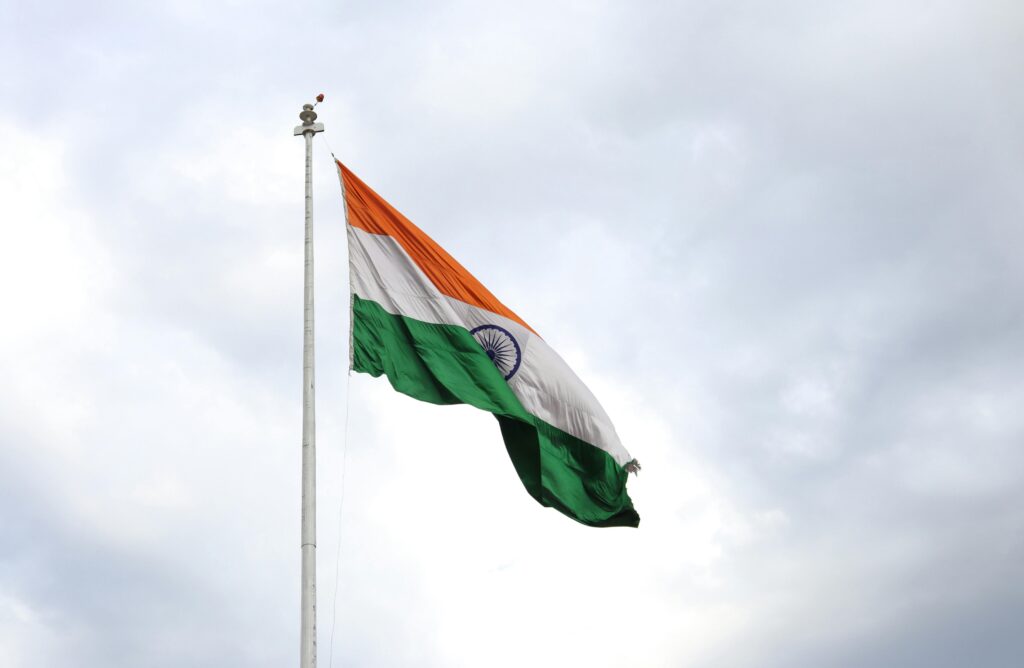Seventy-eight years ago, India’s tricolour unfurled against the sky for the very first time, signalling the end of colonial rule and the birth of a sovereign nation. That moment, immortalised in history, was not merely about political freedom—it was the collective sigh of relief from millions who had endured generations of struggle, sacrifice, and resilience.
But as I sit here in 2025, sipping tea by the window while the morning rain patters against the glass, I ask myself: What does independence feel like today?
The answer, I realise, is not as straightforward as waving a flag or attending a parade. Independence, in this modern age, has become more layered, more personal, and perhaps more complex than ever before.
The Shift from National to Personal Freedom
For our grandparents, freedom was about reclaiming a nation. For our parents, it was about building a country strong enough to stand tall on the world stage. For us, independence often means reclaiming ourselves.
It is the courage to choose a career we truly love, even if it doesn’t fit into traditional moulds. It is having the right to say “no”—to an unwanted marriage, to societal pressure, to toxic work cultures. It is the ability to voice our beliefs without fearing persecution, though we still grapple with the fine balance between freedom of expression and social responsibility.
In many ways, the battleground has shifted from the public square to the private mind. We are not fighting colonial rulers, but we are still battling internalised prejudices, outdated traditions, and the silent weight of expectations.
Independence in the Digital Age
Our ancestors fought with protest marches and hand-written petitions. Today, our platforms are hashtags, blogs, and social media campaigns. The internet has democratised speech, giving anyone with a smartphone the power to create change. But this digital independence comes with its own challenges—the noise is deafening, and the lines between fact and opinion blur easily.
Being independent in 2025 means learning to navigate this ocean of information without losing your truth. It means refusing to be swayed by trending outrage unless you have taken the time to think, read, and understand.
Freedom of thought is precious, but so is the responsibility to think critically.
Economic and Social Self-Sufficiency
True independence today also means self-reliance. It is not enough for a country to be politically free if its citizens are financially shackled. Economic independence empowers us to make decisions without the fear of survival looming overhead.
For women especially, this financial autonomy often becomes the gateway to freedom in other spheres—personal safety, marital choices, even mental health.
Similarly, social independence is learning to live without constant validation from others. It is embracing your identity without apology—whether you are breaking gender norms, choosing to remain child-free, or daring to follow an unconventional path.
The Emotional Core of Modern Freedom
Perhaps the most underrated aspect of independence is emotional autonomy. In a world where social media often dictates what “success” should look like, finding peace in our own skin is a quiet but powerful act of rebellion.
It is saying: I do not need to compare my journey with yours. I can choose my pace. I can define my own joy.
Carrying the Spirit Forward
The spirit of 1947 still beats in our veins—the yearning for dignity, equality, and the right to shape our own future. But the form it takes has evolved. Independence today is less about fighting a single oppressor and more about dismantling many subtle ones: fear, prejudice, misinformation, and self-doubt.
As I fold my thoughts away for the day, I think about the tricolour that will rise tomorrow against the grey monsoon skies. Independence feels, to me, like that flag—strong yet fluid, rooted yet ever-changing, a reminder that freedom is both a gift we inherited and a responsibility we must renew every single day.
Image Courtesy: https://www.pexels.com/@fahadputhawala/
If you liked the blog, please comment below:
– Dr. Arwa Saifi

About the Writer
Dr. Arwa Saifi is an acclaimed Career Writer with over 18 years of experience in the literary and education space. Honoured with an Honorary Doctorate in Literature, she is also an Amazon #1 Bestselling Author. Her career includes contributions to Education Times, a supplement of The Times of India, where she brought her expertise to one of the country’s leading newspapers.
Dr. Saifi has served as the editor of several prestigious school and college magazines in Mumbai, shaping young voices and nurturing a culture of expression. She is the author of 10 published books and has collaborated as a co-author in more than 40 anthologies. Her work reflects a deep commitment to storytelling, education, and empowering aspiring writers.



